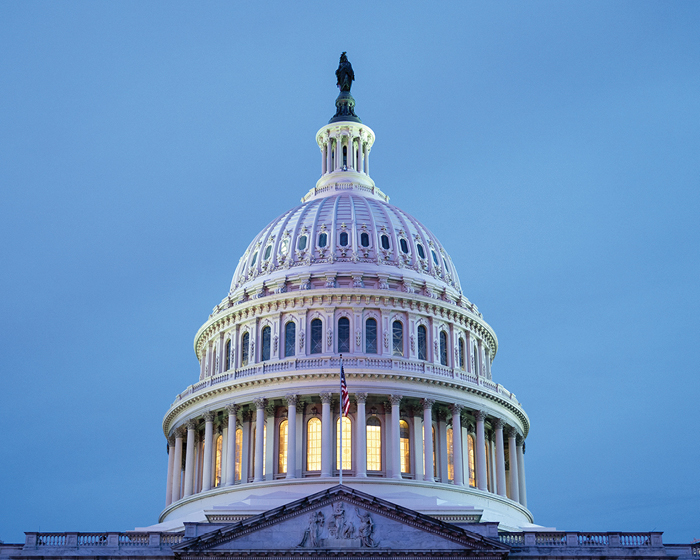Key Takeaways
- The Senate has finally produced text for its version of the tax bill.
- Unlike the House, the Senate aims to make key changes permanent.
- This could set up a standoff between the chambers.
- Democrats not standing down in tax bill fight.
- Tax bill to kill energy projects.
The committee released portions of its own version of the May 22 legislation passed by the House of Representatives, which extends many expiring provisions of the 2017 Tax Cuts and Jobs Act while making several other significant changes to the tax code. The Senate text mostly does the same, and generally follows the House bill–but it also makes some major changes that will likely set up standoffs between the chambers over various issues.
This is true even though the House and Senate are controlled by the same party, and have the same goal of producing a tax bill for President Trump to sign.
Those areas of disagreement include how much to raise the limit on the deduction for state and local taxes and how drastically to roll back the energy credits in the Inflation Reduction Act. Another big overall difference is how the Senate version prioritizes permanence, while the House focuses a lot of the tax cutting into the next few years.
For instance, both the House and Senate version return to 100% bonus depreciation on certain assets, and expensing of research and development costs under Section 174. They also loosen the limit on the deductibility of business interest expenses under Section 163(j). But while the House bill only does this from January 2025 through 2029, the Senate proposal would do so permanently.
This has been a goal of Republican senators from the beginning–to remove, as much as possible, arbitrary cutoffs and avoid future “tax cliffs.” They’re not eager to do this again, or to end up enacting policies on a yearly basis. (In the past, many tax provisions would be renewed nearly annually, called “tax extenders” on the Hill. But those have been less prominent since passage of the TCJA.)
To be clear, both bills include many temporary policies, like deductions for tips, overtime, and auto loan interest, which expire in 2029. But on many of the marquee items, Senators apparently prioritized making policies longer-term than their House counterparts. Presumably, everyone would prefer to make most of these changes permanent. But under reconciliation, and with the agreements made to debt hawks, they only have so much revenue to work with.
And longer extensions in these cases won’t be cheap. That’s particularly true for bonus depreciation and R&D expensing, which are ultimately timing differences, changing when certain costs can be recognized. In the years after they expire, they actually result in more revenue being raised. To give one example, the Congressional Budget Office estimates that making bonus depreciation permanent would cost $329 billion over 10 years, while the Joint Committee on Taxation said a temporary four-year extension would cost $36.6 billion over 10 years.
To make up some of that gap, the Senate version makes more drastic cuts to Medicaid and nixes a proposed increase in the state and local tax deduction–which House members have already said would be non-starters.
But the revenue has to come from somewhere, and with tax rate hikes off the table, there aren’t many more options.
Recent Tax Pieces:
Senate Dems Map Last-Ditch Strategies to Alter Tax Bill – Doug Sword and Cady Stanton, Tax Notes ($):
‘Throwing us off a cliff’: Megabill could derail hundreds of planned clean energy projects – Kelsey Tamborrino and Jessie Blaester, Politico:
Christmas in July for the SALT Cap – Marie Sapirie, Tax Notes ($):
The Tax Angle: EITC Audits, UTPR, Energy Credits – Stephen K. Cooper, Law360 Tax Authority ($):
Greg Leiserson, a senior fellow at the center, warned Thursday that the requirement of the budget bill, or One Big Beautiful Bill Act, for precertification before taxpayers with children file their returns will lead to more audits by the IRS. The $3.8 trillion budget reconciliation legislation, which passed the House just before Memorial Day, is now under Senate consideration and could be changed by lawmakers in the upper chamber.
Republican Who Flip-Flopped on Energy Credits Risks Voters’ Ire – Ari Natter, Bloomberg News ($):
Sports Team Owners’ Write Off Spared in Senate Tax Bill – Chris Cioffi, Bloomberg Tax ($):
Make a habit of sustained success.



